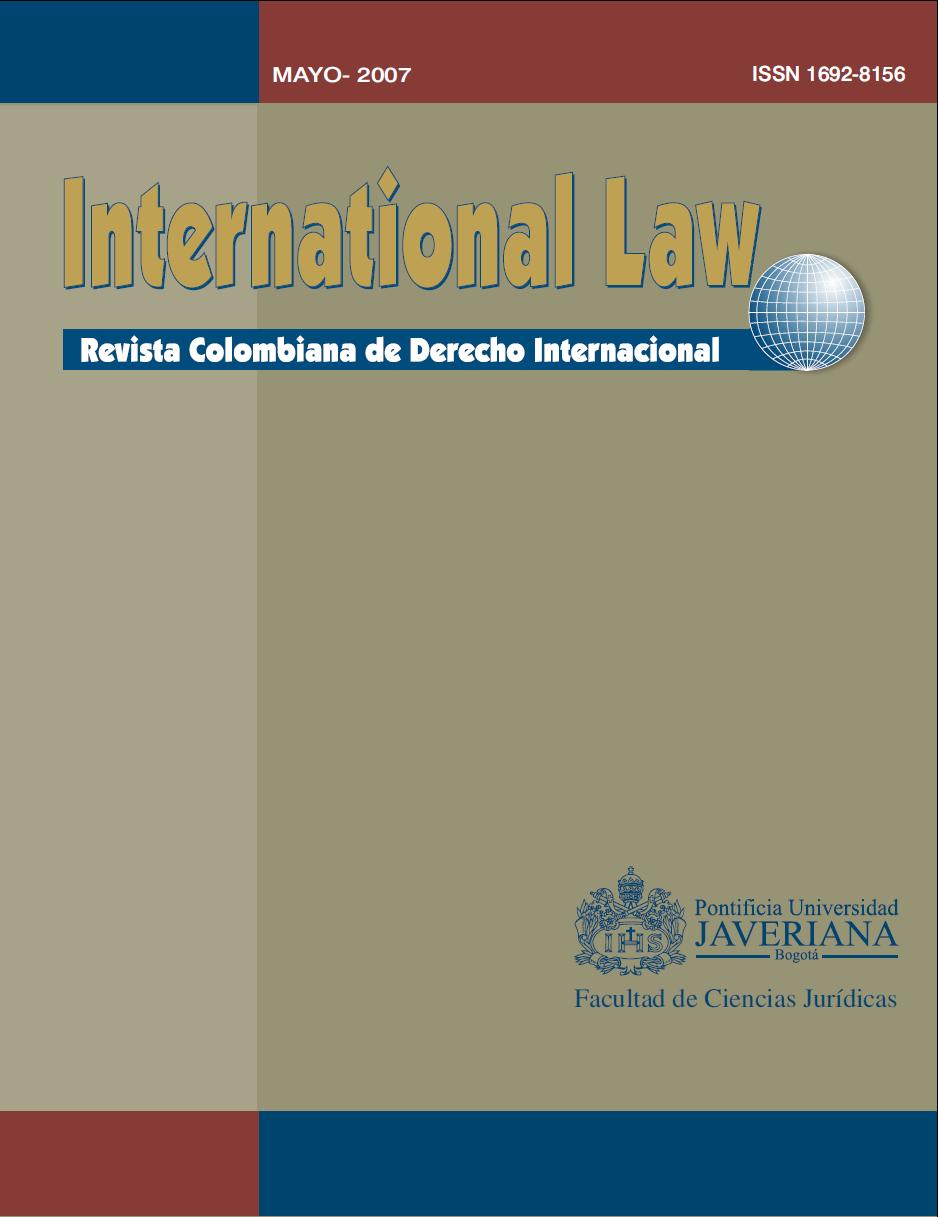Abstract
Whereas mainstream critical literature affirms that indicators are a new global form of North-South domination, people in the global south do not experience these indicators as such. In some ways, some social movements have used the discourse surrounding indicators to obtain monetary and symbolic capital. This article analyzes these indicators as a form of resistance, destabilizing traditional criticism of the discourse. The Community Mothers case study, developed between June 2012 and February 2013, shows how street-level bureaucrats use the indicators as an empowerment mechanism. The Community Mothers display an undocumented agency that develops a feminist agenda of helping fellow women, contrary to the government agenda that promotes childcare and the early childhood program policies. In this sense, the fieldwork undertaken portrays mothers and children as conflicting actors. Despite this, the social policy indicators hide this conflict reproducing the normative image that ideologically links mothers with their children. The results of this research project reveal, therefore, that the global south plays an unexpected role in the power dynamics inherent to the indicator. It presents a very different version of the history of global governance to the one that portrays unidirectional and structural domination offered by neocolonialism, in which the south always loses.This journal is registered under a Creative Commons Attribution 4.0 International Public License. Thus, this work may be reproduced, distributed, and publicly shared in digital format, as long as the names of the authors and Pontificia Universidad Javeriana are acknowledged. Others are allowed to quote, adapt, transform, auto-archive, republish, and create based on this material, for any purpose (even commercial ones), provided the authorship is duly acknowledged, a link to the original work is provided, and it is specified if changes have been made. Pontificia Universidad Javeriana does not hold the rights of published works and the authors are solely responsible for the contents of their works; they keep the moral, intellectual, privacy, and publicity rights.
Approving the intervention of the work (review, copy-editing, translation, layout) and the following outreach, are granted through an use license and not through an assignment of rights. This means the journal and Pontificia Universidad Javeriana cannot be held responsible for any ethical malpractice by the authors. As a consequence of the protection granted by the use license, the journal is not required to publish recantations or modify information already published, unless the errata stems from the editorial management process. Publishing contents in this journal does not generate royalties for contributors.


